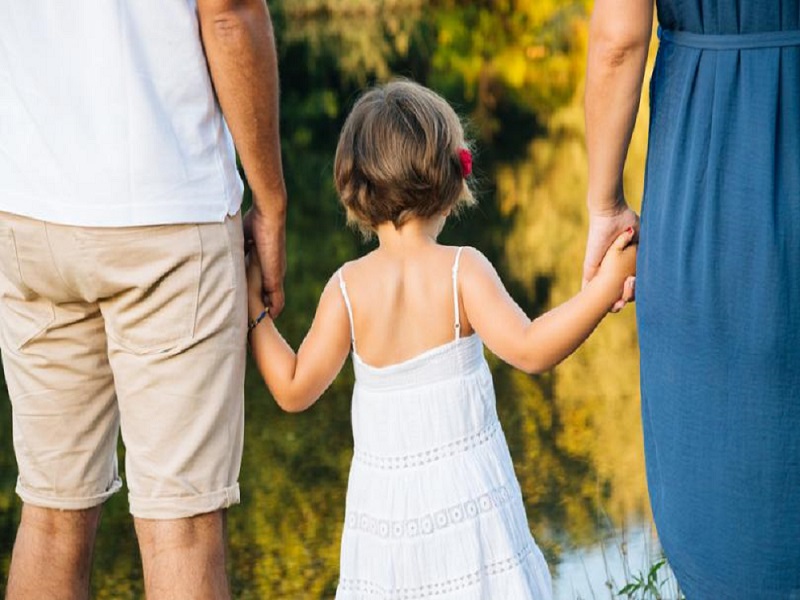
What is an Independent Children’s Lawyer?
An Independent Children’s Lawyer – commonly referred to as an “ICL” – is a lawyer who is appointed by a family court to independently represent the best interests of any children in family law proceedings.
What is the role of an ICL?
An ICL is required to act impartially and provide to the court their own independent perspective about what arrangements or decisions are in the child’s best interests, taking into consideration the views of the child.
Section 68LA (2) of the Family Law Act1975 sets out the following mandatory criteria for an ICL:
- An ICL must form an independent view, based on the evidence available to him/her, of what is in the best interests of the child; and
- An ICL must act in relation to the proceedings in what the ICL believes to be the best interests of the child.
If the ICL is satisfied that a particular course of action is in the best interests of a child, then they are to make a submission to the court suggesting that that course of action be adopted.
The role of the ICL is not to act on instructions from a child and they are not bound to act in accordance with a child’s wishes. An ICL is expected to consider the weight to be given to any views expressed by a child by taking into account factors, including:
- a child’s age and maturity;
- the strength of the child’s view;
- the basis for the child’s view.
What are the duties of an ICL?
The duties of an ICL are outlined in section 68LA(5) of the Family Law Act and the National Legal Aid Guidelines for Independent Children’s Lawyers which can be accessed here:
The duties of an ICL is to:
- act impartially and in consideration of the best interests of the child;
- evaluate the degree of involvement of the children in decision making about the proceedings;
- be truly independent of the court and the parties;
- work with any external experts to promote the children’s best interests,e.g. a family consultant;
- place the views of the child before the court in an admissible form;
- if the ICL has formed a view, provide admissible evidence from which such view has been drawn from;
- bring to the court’s attention matters in any relevant reports relating to the child that the ICL considers to be most significant to determine the child’s best interest;
- endeavour to minimise the trauma to the child associated with the proceedings;
- facilitate a resolution of the proceedings that is in the child’s best interest;
make a submission to the court to adopt a course of conduct that the ICL is satisfied is in the best interests of the child.
How does an ICL assist the court?
In interim hearings,an ICL may issue subpoenas to obtain evidence to assist the court to determine any interim issues. Subpoenas are often issued to police, FACS, the child’s school,and doctors.
Where the matter is proceeding to a final hearing, an ICL should identify the issues the parties have agreed upon and which issues are in dispute; as well, s/he should identify the evidence required at the final hearing to assist the court to determine the issues in dispute.
How is an ICL appointed?
The court has power pursuant to s68L of the Family Law Actto appoint an ICL. The appointment can be made based on:
- an application by:
- a child;
- an organisation concerned with the children;
- any other person
- The court on its own initiative
Importantly, simply because an application is made to the court seeking an ICL be appointed, itwill not mean that the court will do so. The court considers the matters in each case to determine whether it is appropriate to appoint an ICL.
When will a court appoint an ICL?
The Full Court of the Family Court of Australia in the case of Re K (1994) 17 Fam LR 537 set out a non-exhaustive list of matters to consider when deciding whether appointing an ICL would be appropriate. The matters include:
- allegations of sexual, physical, or psychological child abuse
- intractable conflict between the parents
- the child is alienated from one or both parents
- issues of cultural or religious difference affecting the child
- the sexual preferences of either or both parents or another person who has significant contact with the child is likely to impinge upon the child’s welfare
- conduct of either or both parents or another person who has significant contact with the child is alleged to be anti-social to the extent that it seriouslyimpinges on the child’s welfare
- there are issues of significant medical illness, psychiatric illness, psychological illness or personality disorder in relation to either party or a child or another person who has significant contact with the child
- a party seeks to relocate and their proposal would restrict or exclude the other parent from having contact with the child
- a child of mature years expresses a view which supports changing a long-standing arrangement or a complete denial of contact with one parent
- proposal to remove the child from the jurisdiction
- neither party is legally represented
- a proposal to separate siblings
- neither party is a suitable carer
The Court may also order an ICL in matters where orders have previously been made in the Children’s Court under State Welfare legislation
Will an ICL meet the child?
There is an expectation from the Court that anICL will meet the child in every case unless:
- the child is under school age;
- it may not be practical to do so,e.g. due to geographic remoteness;
- exceptional circumstances exist.
Can an ICL help with issues after my case is over?
In most matters,an ICL’s appointment will end once final orders are made (see rule 8.02(5) Family Law Rules 2004 – insert link to rule here:
In some matters,an ICL may be required to explain the final orders to the child.
Once final orders are made, an ICL is not required to monitor the orders, ensure they are being followed, or take any steps toenforce the orders.
If you want to know more about whether an ICL could be appointed to your case, you can contact our senior lawyer.

